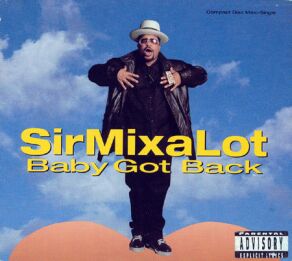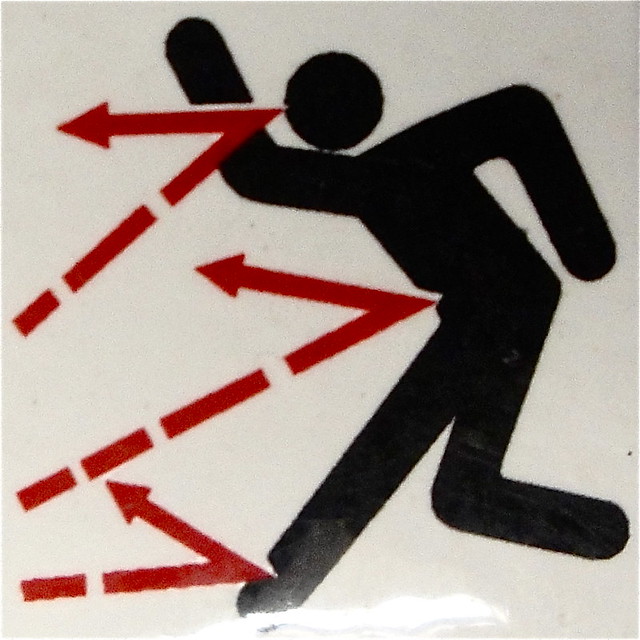When I was getting a PhD at an Research-1 institution (R1), I was trained to think of my research profile as the most important quality I could offer an employer, and was even discouraged from getting accolades as a good teacher, as it might detract from my profile as a serious researcher.
I think my institution thought they would lose some face if they produced anything but the "best" scholars, scholars who would ideally obtain positions at other R1s. And I think they thought there would be no harm in us having a dossier that was "good enough" for an R1, because teaching schools would gratefully pick up the dregs of us that didn't hit the mark of the R1 holy grail job.
I have obtained two tenure-track positions at teaching institutions since I graduated in 2009, and find I am profoundly disappointed by the way I was conditioned to think about the value of an R1, the value of the scholar, and the value of teaching undergraduates. But it's not just about undergrads and the glory of teaching; it's about the current state of American cultural politics, anti-intellectualism, and the value of higher ed to a functioning democracy.
Since I've been at teaching institutions, I have thought a lot about what my PhD institution failed to train me for, though, in full disclosure, I loved my time at grad school and I loved my advisors.
As I review dozens of applications for a teaching job, many from R1s (because PhDs are mostly at R1s), I am struck by a prevailing inability of these scholars to articulate, much less imagine, how their very refined, specialized area of study might ignite student interest and success.
If, for example, you study some obscure event that happened in 1982 in a galaxy far far away, on a speck of dirt on some planet, it's not inherently exciting in itself, even though you have convinced yourself that it is.
An R1 says "hey, that's really, really unique, and its uniqueness is enough for us. You're contributing something really new, and we know it's really new because we know everything about this field."
A teaching institution says "how will this translate in the classroom?" If an application for a tenure-line job at a teaching institution fails to SHOW the answer to this question really clearly, then the candidate has been poorly trained for the job market.
And in case it needs saying, most jobs these days are at teaching institutions, not R1s.
I confess that I was fortunate; my heavy-duty R1 degree was enough to land me a tenure-track job. For the second round, four years later, I really have no idea how I landed yet another tenure-line job, other than the publication of my dissertation as a book made me look serious. Nowadays, this wouldn't be enough for a teaching job. A narrowly-focused book that makes a unique contribution to a narrow field is just not very valuable to a teaching institution. And why would it be?
Nowadays, an application that makes a person's obscure research or creative life come alive in the classroom will blow the competition out of the water.
If a person's research or creative life is inherently accessible to students --such as having to do with stuff college students are already thinking about, even just a little-- even better. Don't get me wrong: I'm not saying you need to tailor your research agenda to the whims of iGen. Quite the contrary; that's horrific. Don't do that.
I'm saying that R1s could do a better job training their graduates to frame their work in ways that is accessible, not just to hiring committees across the land, but to undergrads (who will be their main audience henceforth, much to the chagrin of the R1s), and also to (gasp!) the public.
The assumption that audiences will do the hard work we need to do to understand and value our research is just arrogant. Academia has been doing this successfully for a long time. At a public institution like where I teach, the sham is up.
What counts as valuable research here-- the kind of research that gets you tenure-- is not what you think it is. It's collaborative (with students, with community members, with others outside academia), it's radical (challenges dominant knowledge claims), it's about new forms of knowledge production (like, students bring knowledge and aren't just there to receive it), etc.... If you publish articles along these lines, we love you! Being a superstar, solo scholar in some obscure area just doesn't work always. But if this DOES describe you, how fun would it be if you could figure out a way to make students think your work is awesome, and make them want to do similar work? Evidence that you can bridge research and teaching in these ways really blows our minds.
Which brings me to the subtle point I was making earlier about the current state of this democracy and anti-intellectualism. Could R1s make their candidates' more attractive to teaching institutions? YES, and let me count the ways.* Could they also make the research they produce more meaningful to the public? YES.
And by doing so, could they engage in a much broader mutual, reciprocal form of knowledge co-production with people outside the academy?
We can only hope.
PhD students, ask more from your advisors and programs.
This historical moment demands more from us than to reproduce ourselves and narrow our audiences.
We would really like you to make your work exciting and accessible to us, to undergrads, and to non-specialists. This might be a good thing for, oh, democracy, and, oh, America.
If your current advisors aren't telling you this, ask them to. Get a group of grad students together to think more about this. Resist the temptation to deem yourself too awesome for a teaching job.
Consider the challenge I lay out here as a call for you to make your work meaningful in the world, useful in breaking down the shitty divisions in society, and dispelling the notion that the life of the mind is frivolous.
Just because we teach a lot here doesn't mean we don't value the life of the mind. We're just way, way more accountable to showing others that the life of the mind is valuable.
- In your teaching statement, avoid the "deficit model" approach to diversity.
- In your cover letter, SHOW, don't just tell, how much you love teaching.
- Wherever you discuss teaching, don't just cite theorists about how important student-centered teaching is; tell us how you make your research interesting to students.
- Don't just wax on about how much you love teaching. Loving teaching can kill you, and we want somebody who can survive a lifetime of teaching. Saying that you have an "open-door" policy, for example, smacks of privilege. Cultural taxation for faculty of color (and women faculty) is a major issue; how do you protect yourself? How do you leverage your teaching to support your other loves? Give us something more than just "teaching will save the world."
- Don't tell us that your way of doing student-centered teaching is to use the Socratic method and conduct discussion. And for the love of the goddess, don't say that you mostly use lecture, and that you bring a variety of media into the classroom, such as videos and Power Point slides. That doesn't say "student-centered"; that says "lazy."
- You're better off including challenges or critiques of your teaching that you've tried to overcome than quotes from students who love you.
- If you really want to be at an R1, but you're just desperate for a job, don't apply for this job.
- If #7 applies to you, and you manage to get to a campus interview, don't whine about whether we'll give you enough resources to do your ever-so-important research. This will chafe on us like nobody's business. Try to imagine that we all feel the same way about our research, and that just because we're at a teaching institution doesn't mean our research is worthless.
In sum, SHOW, don't tell why you belong here. And make your research applicable to college students in some way.







